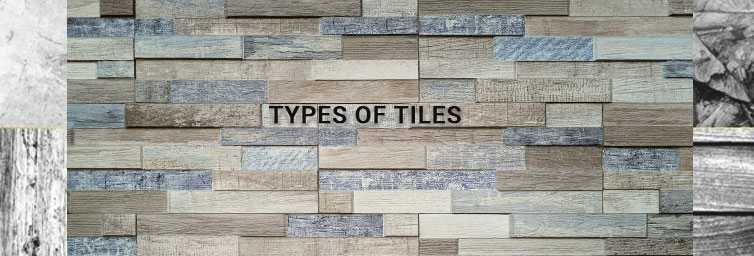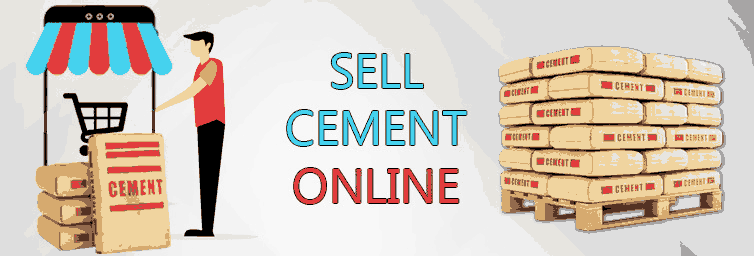You have no items in your shopping cart.
Post Requirement
Admixtures used in concrete
Properties of concrete are modified by small quantities of admixtures, depending on the site conditions and requirement.
Many types of admixtures are available in the market, and they are grouped into various categories like:
Workability Enhancing Agents
Usually concrete needs water only 0.24-0.26 times the weight of cement for hydration, but generally to get the required workability 0.4 to 0.6 times the weight of cement is added, which then reduces the strength of the cement. Hence, to improve workability by other means, some admixtures are preferred, and they are:
Air-entraining agents: These admixtures include natural wood resins, animal and vegetable oils, and sulphonated organic compounds and provide better resistance to the action of frost.
Finely divided minerals: Admixtures like finely divided natural cement, lime, and heat-treated clay are added to concrete to enhance workability which helps reduce in bleeding.
Plasticizers: These are chemicals, which introduce soapy action into the mix and are surface-active only. Most common types are benzene sulphonate and lignosulphonic acid, which helps reduce water requirement by 8-15 percent.
Superplasticizers: These are essential admixtures to produce very-high strength concrete and are used in ready-mixed and self-compactive concrete. These chemicals are electrochemically active and reduce the water-cement ratio by 30 percent.
Accelerators
These admixtures are added to concrete to accelerate setting time. Accelerators like calcium chloride are added as admixtures 1-2 percent to get hardened concrete within two to three minutes. For RCC, and Portland slag cement (PSC) works, calcium formate may be used for quick setting of concrete and are used for road repairs and to stop leakages due to cracks.
Note: Presence of chloride is harmful to steel and should be used only in plain concrete and should not exceed 1.5 percent of the weight of cement.
Retarders
These admixtures are used to delay the setting of concrete. Calcium sulphate is the commonly used retarder and used in ready-mixed concrete when it has to be transported to distant places after being mixed.
Mineral Admixtures
They reduce thermal cracking and improve strength, impermeability, and durability. Some of the mineral admixtures are used to improve certain qualities in concrete, and they are
Fly ash: Using of fly ash ensures uniform blending with cement.
Silica fume: It is a very fine non-crystalline silicon dioxide and acts as an excellent pore-filling material.
Rice husk ash: This is a highly reactive admixture used to get the required performance and uniformity characteristics.
Metakaoline: It is used as a pozzolanic material in concrete.
Grand granular blast furnace slag: It is a waste product in the production of steel. Particles of less than 10 µm contribute to early strength while particles of the size 10-45 µm contribute to the strength in later age. Particles of size greater than 45 µm should not be used, as they do not generally hydrate.
Waterproofers
Use of excess water in concrete for hydration tends to form capillary pores in hardened concrete. Some suitable chemicals are added to concrete or mortar at the time of manufacture to make the structure waterproof. Waterproofing is achieved by following one or more combinations
- Blocking capillaries by producing crystals
- Contraction of capillary pores
- Developing water-repelling capillary forces due to the hydrophobic effect
Miscellaneous Admixtures
Pigments: Pigments like mineral black, brown iron oxide, yellow iron oxide, and red iron oxide are added to get colored concrete.
Expansive chemicals: These admixtures are added to make concrete expand while setting and chemicals used are hydrogen peroxide and metallic aluminium.
Corrosion-resisting chemicals: These chemicals are added to improve the resistance of reinforcements to corrosion.
Antifungal admixtures: Addition of copper compounds, polyhalogenated phenol, and dieldrin emulsion prevents the growth of bacteria on the surfaces of the concrete.
Check Out: Types of Cement Concretes Used in Construction
Technically Reviewed by Rajesh Pagadala, MS, Founder & CEO - BuildersMart. Written by Vani paspula, Content Manager.
Vani Paspula













